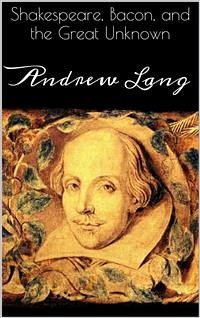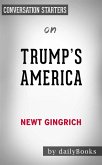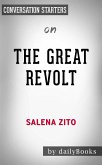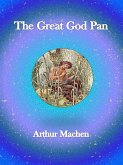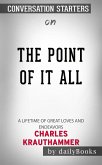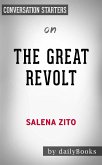The theory that Francis Bacon was, in the main, the author of “Shakespeare’s plays,” has now been for fifty years before the learned world. Its advocates have met with less support than they had reason to expect. Their methods, their logic, and their hypotheses closely resemble those applied by many British and foreign scholars to Homer; and by critics of the very Highest School to Holy Writ. Yet the Baconian theory is universally rejected in England by the professors and historians of English literature; and generally by students who have no profession save that of Letters. The Baconians, however, do not lack the countenance and assistance of highly distinguished persons, whose names are famous where those of mere men of letters are unknown; and in circles where the title of “Professor” is not duly respected.
Bitte wählen Sie Ihr Anliegen aus.
Rechnungen
Retourenschein anfordern
Bestellstatus
Storno

